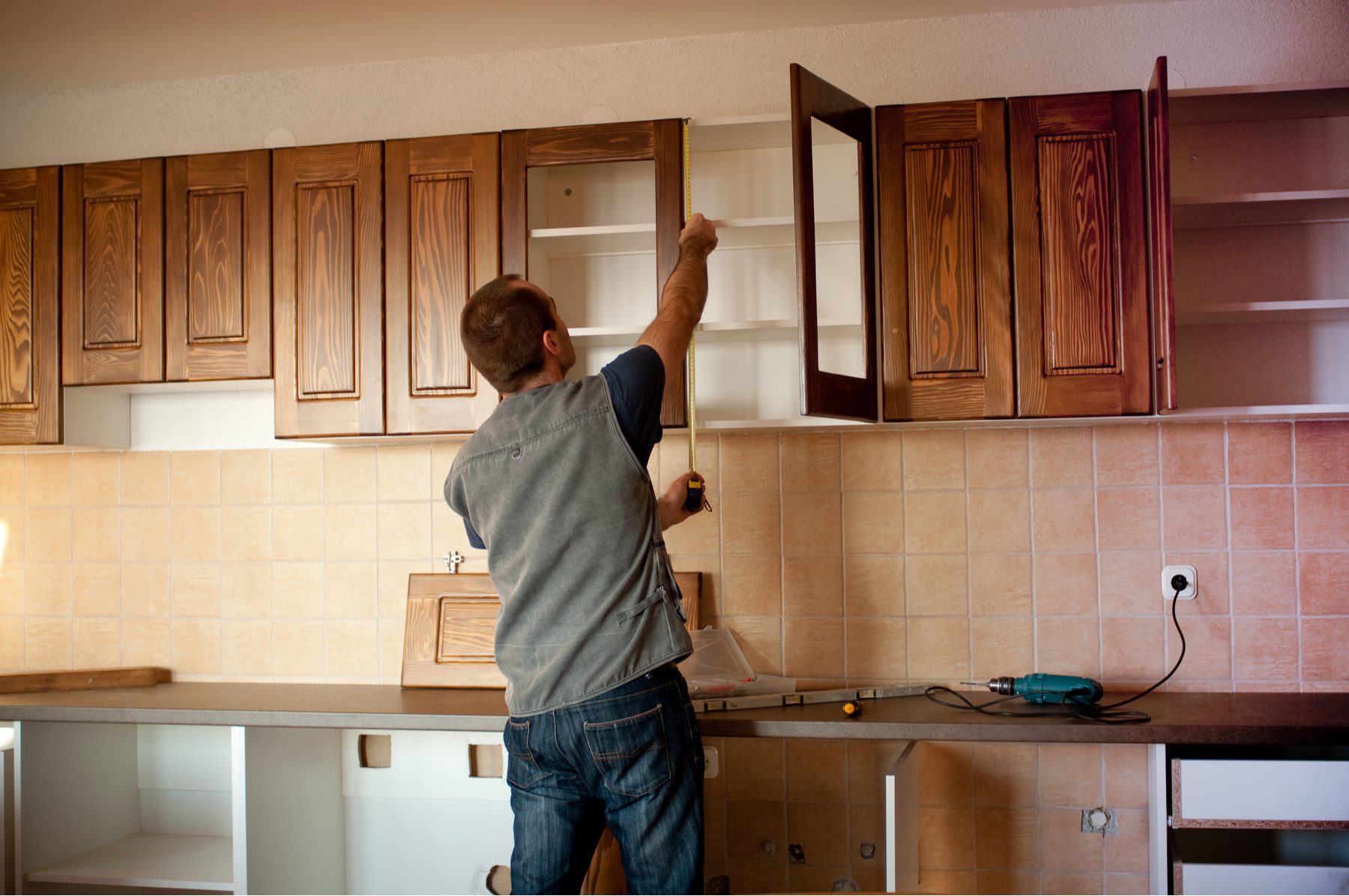Handling Tenant Requests for Upgrades to Rental Houses

Your tenant contacts you with an idea: there’s something they want in their rental that’s not there already. In other words, they’re asking for an upgrade to the house. They can’t make a change like this without your approval, so it’s good that they came to you about it. But handling tenant requests for upgrades can get you into a murky situation.
Should you let them make the change? Or do you tell them no flat out? Or should you endorse it and even offer to pay for part of it? There’s no easy answer on how to handle upgrade requests, but here are a few tips to make the process simpler.
Deciding whether or not to do it
Coming up with an answer will depend in large part on how you respond to these questions:
- Will this help sell future prospects on renting this property?
- Will this add to the property/rent value?
- Do I want to keep this upgrade after the resident leaves?
- Is this something that should have already been here?
If the answer to the first three is yes, you have a pretty good contender for a good addition to the property. You’ll want to sketch things out in a little more detail - not just that rent would be higher, but by how much and how long it would take to pay off the upgrade. But if the answer to those is yes, you’ll probably want to make the upgrade and offer to pay part of the cost.
If the answer to all four is “yes”, then you’re really going to want to make this upgrade. If you should have had it already because many neighboring properties have it or similar reasons, then you’re probably losing out on potentially great tenants because it’s not there. If so, you’ll want to accept the upgrade and offer to pay a lot, perhaps more than half of the cost. You’re getting a valuable addition to the property and don’t have to pay full price! This is a great opportunity to have.
If the answers to the first three aren’t all “no”, it’s probably not a great upgrade to have. There may be value in letting the upgrade happen because it helps to keep a great tenant, but in this case, you’ll probably only want to do it if they’re a great tenant and they’re going to pay the full cost themselves.
What to do about your decision
Now that you’ve reached a decision, you have a whole other set of challenges: how to go about telling the tenant and arranging for the upgrades to be made.
- Stay in control of the situation: You own the property, but if you capitulate to tenant demand too much, you could lose control of things. If you give in to a demanding tenant, they may start demanding more and more and eventually leave if you try to take back control. Make it clear that the decision isn’t theirs to make and any changes are with your approval only.
- Get it down in writing who is responsible for what: If you and the tenant pay a share of the cost, get this down in writing. Who’s responsible for working with the contractor? Does this need to be removed when the tenant moves out? Who pays for that? Get this all down in writing to avoid problems down the line.
- Offer an explanation for your decision: This isn’t an invitation to try again to get around the decision. Explain that this is your final decision, but at least give them the courtesy of explaining why you didn’t approve the change. Giving a reason is much better than a flat, unexplained “no”. Even if you accept, include a reason - pointing out that it’s a good financial decision can help keep the tenant from thinking that they can just get you to do whatever they want you to do.
- Remain calm, polite, and business-like: Even if the tenant gets angry, starts yelling, or anything like that, stay calm. You don’t want to get pulled into an argument with a tenant over this. Present a calm face and be the better person.
Handling things in the future
It’s possible you didn’t think of how to handle upgrades before. This is especially true if you’re relatively new to renting out a property - you’re so concerned with making it a great place to rent that you didn’t think that someone might want to change it.
To help with this in the future, create a process for handling tenant requests for upgrades in the future. Add some language to the lease spelling out how to handle this kind of request, what is and is not allowed, and how to handle any disputes over this topic. Make a process you follow for the cost-benefit analysis of whether or not to do an upgrade in the future, using what you know now.
You’re going to have tenants requesting upgrades, so make sure you have a method for handling them. Follow these basic guidelines and you should be most of the way to knowing how to handle them.

